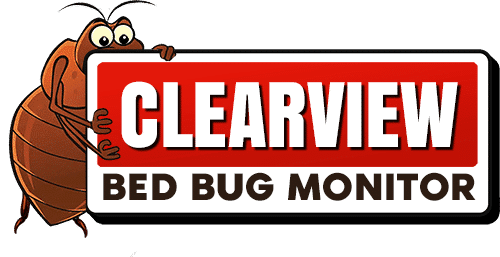The hospitality industry, particularly hotels and accommodations, faces a constant challenge in maintaining high standards of cleanliness and hygiene.
Among the many pests that can disrupt this balance, bed bugs pose a unique threat due to their elusive nature and rapid infestation potential. To ensure the comfort and satisfaction of guests, it is imperative for hotel management to implement effective bed bug detection methods.
Educate Staff and Guests
The first line of defense against bed bugs is awareness. Hotel staff should be educated on the signs of bed bug infestations, emphasizing the importance of early detection. Equally crucial is educating guests on how to prevent bed bug exposure and encouraging them to report any suspicious findings promptly.
Clear communication and transparency create a collaborative effort in maintaining a pest-free environment.
Regular Staff Training
Continuous training is essential to keep hotel staff well-versed in the latest bed bug detection techniques. Periodic sessions should cover inspection protocols, identification methods, and appropriate responses in case of an infestation. This proactive approach ensures that staff members are equipped to handle potential issues swiftly and effectively.
Implement Regular Inspections
Regular inspections are the cornerstone of effective bed bug management. Housekeeping staff should be trained to conduct thorough checks of guest rooms during routine cleaning. Focus areas include mattress seams, headboards, nightstands, and other furniture with potential hiding spots for bed bugs.
Incorporating these inspections into the daily routine helps in early detection, preventing widespread infestations.
Utilize Bed Bug Monitoring Devices
Incorporating modern technology into bed bug detection is a wise strategy. Bed bug detectors, such as traps and interceptors, can be discreetly placed in strategic locations within hotel rooms.
These devices capitalize on the pests’ natural behavior, luring them in and providing an early indication of their presence. Regularly checking and maintaining these devices enhance their effectiveness.
Partner with Pest Control Professionals
Establishing a partnership with reputable pest control professionals is an integral part of a comprehensive bed bug detection strategy.
Regular inspections by experts can identify potential issues before they escalate. A pest control team can also provide valuable insights into areas that may be prone to infestations and offer guidance on preventive measures.
Implement a Response Plan
Despite the best efforts, bed bugs may occasionally be found. Having a well-defined response plan in place is crucial for mitigating the impact of an infestation. This plan should include immediate isolation of the affected area, thorough cleaning, and the involvement of pest control professionals to eradicate the infestation swiftly and effectively.
Engage in Proactive Maintenance
Preventive measures are equally important in the battle against bed bugs. Implementing proactive maintenance practices, such as regular steam cleaning of carpets and upholstery, can eliminate potential hiding spots for bed bugs.
Investing in bed bug-resistant mattress and pillow encasements adds an extra layer of protection.
Conclusion
Maintaining a bed bug-free environment in hotels and accommodations requires a multifaceted approach. Educating staff and guests, regular training, utilizing advanced detection methods, collaborating with pest control professionals, and implementing proactive maintenance measures collectively contribute to a robust bed bug management strategy.
By incorporating these best practices, hotels can uphold their commitment to providing a clean and comfortable stay for guests, safeguarding their reputation and ensuring long-term success in the competitive hospitality industry.




